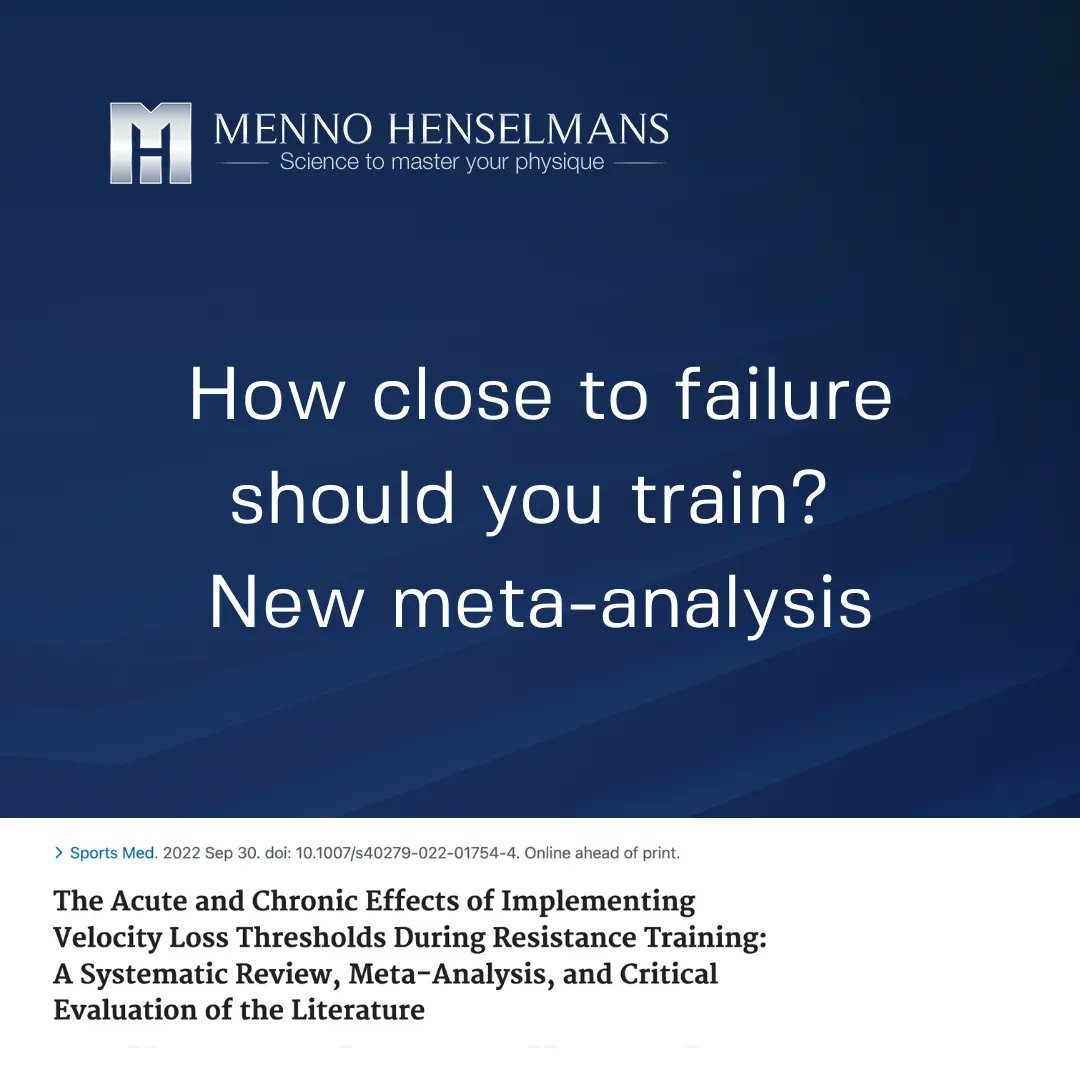
A new 3-month study with over a 100 participants compared eating 25 vs. 125 g of unprocessed beef daily. The researchers reported 2 interesting findings.
First, "changes in cardiometabolic risk factors were not different between groups", indicating the extra beef has no measurable adverse health effects.
Second, the extra beef protein did not reduce energy intake during their ad libitum diets. The participants could eat as much as they wanted outside of the small or large portion of beef.
Despite consuming significantly more protein, the high-beef group did not consume significantly less energy (a trend for more, in fact).
These findings contradict the popular belief that protein is inherently more satiating than other energy sources.
We conducted our own study earlier on far higher protein intakes in strength trainees. In line with protein leverage theory, we found that protein is not uniquely appetite suppressing when increasing intakes beyond daily requirements.
Overall, the researchers concluded: "Healthy diets consumed ad libitum that contain a little or a lot of unprocessed beef have similar effects on body weight, energy metabolism, and cardiovascular risk factors".
#MennoHenselmans #onlinepersonalcoach
#MennoHenselmans #onlinepersonalcoach
• • •
Missing some Tweet in this thread? You can try to
force a refresh











